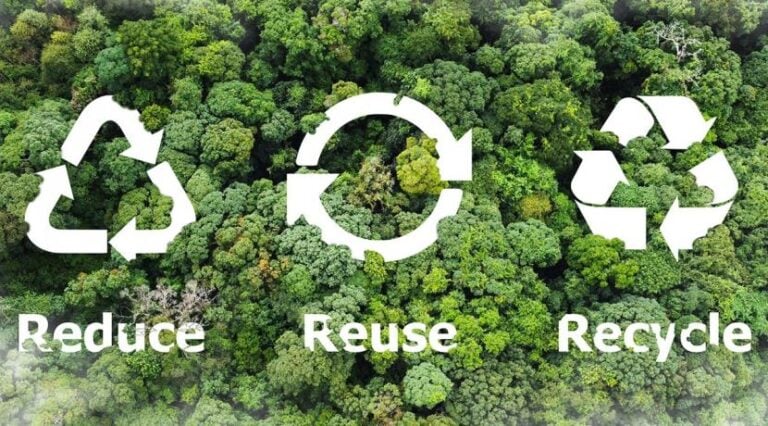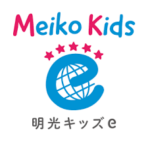
Did your parents ever scold you as a child for leaving food on your plate? Or maybe every few years they asked you to comb through your closet for clothing to donate? In my home country, that was just my mom trying to maintain order and avoid wasting money. If she were Japanese, however, she would have said not doing these things would be もったいない (mottainai).
If you’re planning to spend any significant amount of time in Japan, and especially if you are studying the language, this is an expression you should commit to memory; you will hear it very often. Mottainai roughly translates to “what a waste”, and it’s an expression with such a wide range of applications that you might come across it in almost any space: business, the arts, meals, education, clothing, relationships, the list could go on and on.
Historical Origins
As with much of Japan’s cultural origins, mottainai was once a Buddhist teaching which highlighted the importance of using resources wisely and not taking more than one needed. Over time, the phrase has come to permeate all kinds of spiritual thought in Japan. Shintoism features a spirit called 付喪神 (tsukumonogami), which is an animated household object. In the Shinto tale 付喪神記 (tsukumonogami-ki), these items are given a soul after 100 years, but become angered when, in the story, they are thrown away after so many years of servitude. They terrorize their village until they are purified by a Buddhist monk.
Everyday Applications
Through this phrase’s history, its importance in Japanese culture becomes clearer. Of course, nowadays, mottainai is used in even the most modern of situations, food and mealtimes being one of the most common. Japanese children, for example, are taught this concept at every mealtime. From an early age, they learn to finish every last grain of rice in their bowl. And I mean every. Single. One. Of course, there are situations in which a child may not do so, however, the idea is teaching them from a young age the value of minimizing waste.
At lunchtime in primary school, for example, every student is first served a standard portion of that day’s menu. This might include something like a heaping bowl of rice, a fillet of grilled fish, and a plate of sauteed spinach. After everyone has been served and seated, the students are given the opportunity to give back a portion of their lunch if they don’t think they’ll finish (before digging in, of course). Doing so allows students to practice gauging their levels of hunger, a skill that is of utmost importance into adulthood.
Conservation of resources is another way that mottainai influences Japanese culture. One of the most striking examples of this during my first trip to Japan was during bath time. Most Japanese families shower in the evening, then follow this with a relaxing bath. The point of the bath is not to clean oneself, as this is done during the shower immediately prior. The first time I took a bath in this family’s house, I was the fourth in line to bathe that evening. After finishing my shower, I turned to the bathtub and noticed it was already full. After asking, I realized that, since bathers enter after cleaning their body, the water stays clean and there is no need to change it that evening. While not everyone’s cup of tea, this practice is one of many examples of waste reduction baked into Japanese culture.
Sustainability
One of my favorite applications of mottainai is within the sustainability conversation. In Japan, SDGs, or Sustainable Development Goals, are known as “a call to action to end poverty, protect the planet, and ensure that by 2030 all people enjoy peace and prosperity”. In Japan, students learn about these throughout their education, with special emphasis on its three ‘R’s: reduce, reuse, recycle. Mottainai has even been credited with a fourth ‘R’ coined by Wangaari Maathai: respect. As a leading figure in the environmental activism space, Maathai popularized the term after a visit to Japan in 2005, where she was struck by the relevance of the term.

Respect for the objects that surround us indeed promotes crucial patterns of thought that have the power to make lasting changes to the way humans interact with our planet.
Time Wasted and Opportunities Missed
Mottainai can even be applied in scenarios that have nothing to do with material objects. Things like time can also be described as such, if the speaker wishes to indicate the time spent doing something was for nothing, or if an opportunity was missed. For example, if someone spends a lot of time procrastinating instead of working on something important, they might lament later that their behavior was mottainai—an unnecessary waste of time that could have been better spent. Similarly, missing out on an opportunity, whether it’s a chance to travel, pursue a career goal, or mend a strained relationship, can also evoke this sentiment. In this sense, mottainai becomes a lens through which people can evaluate their actions and choices, emphasizing the value of being proactive and mindful in how they live their lives.
This usage extends to the concept of relationships. Failing to appreciate the people in one’s life or taking them for granted might also be considered mottainai. For instance, neglecting to express gratitude to a friend who has been consistently supportive or missing the opportunity to spend quality time with loved ones could be seen as wasting something precious and irreplaceable. In this way, mottainai isn’t just about material objects—it’s a philosophy that encourages a deeper appreciation for all forms of value in our lives, whether tangible or intangible.
The idea of mottainai is, at its core, a reminder to act with intention and gratitude. It prompts us to think carefully about how we use our resources, time, and energy, and to recognize the potential in what we might otherwise overlook. Whether applied to food, water, time, or even relationships, mottainai challenges us to see value where it might not be immediately apparent and to strive for a life that is less wasteful, more thoughtful, and more connected.














